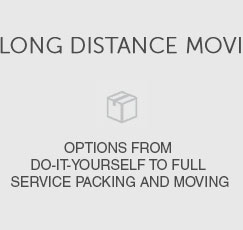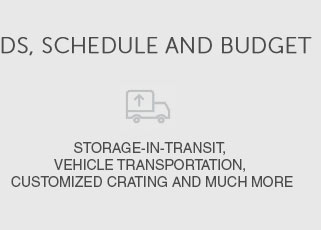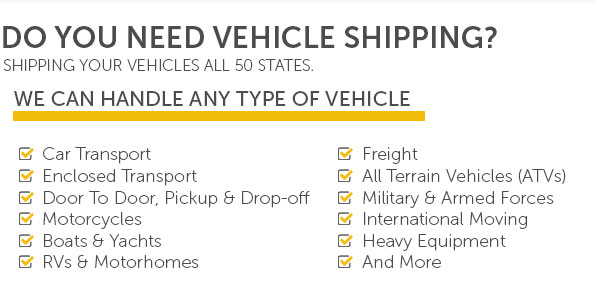 |
 |
 |
||
 |
 |
 |
 |
||
 |
 |
 |
 |
 |
 |
 |
 |
 |
 |
One Way Moving Truck Rental: Essential Tips and Common Mistakes to AvoidUnderstanding One Way Moving Truck RentalsOne way moving truck rentals provide the convenience of picking up a truck at one location and dropping it off at another. This service is particularly beneficial for long-distance moves, such as when you need to move furniture to another state. However, there are important factors to consider to ensure a smooth experience. Benefits of One Way Rentals
Choosing the Right Truck SizeChoosing the appropriate truck size is crucial. Too large a truck can be unnecessarily costly, while too small a truck may require multiple trips or leave you struggling to fit all belongings. Common Mistakes to AvoidUnderestimating Time and DistanceA common pitfall is underestimating the time and distance of the move. Ensure you factor in traffic, weather conditions, and rest breaks when planning your schedule. Overlooking Insurance OptionsMany movers overlook the importance of insurance. It’s vital to understand what coverage is included and whether additional insurance is necessary to protect your belongings. Ignoring Rental Terms and ConditionsAlways read the rental agreement thoroughly to avoid unexpected fees. Pay attention to mileage limits and fuel policies, as these can significantly impact your costs. Planning and Packing for a Successful MoveEfficient Packing Tips
Proper packing can prevent damage and make unloading more efficient. Consider hiring professional movers in Ocoee FL if you need additional assistance. Scheduling Your RentalBook your rental well in advance, especially during peak moving seasons. Confirm your reservation and pickup location details to avoid last-minute surprises. FAQWhat are the benefits of a one way moving truck rental?The primary benefits include cost efficiency, time-saving, and flexibility, making it ideal for long-distance moves without the hassle of returning the vehicle. How can I avoid additional fees with my rental?To avoid extra fees, adhere to mileage limits, refuel the truck to the required level, and return it on time. Reading the rental agreement thoroughly can prevent surprises. Is insurance necessary for a moving truck rental?Yes, insurance is important to protect against potential damage or accidents during the move. Check what is included in the rental package and consider additional coverage if needed. https://www.uhaul.com/Locations/Truck-Rentals-near-Oklahoma-City-OK-73112/957050/
U-Haul has the largest selection of in-town and one-way trucks and trailers available in your area. U-Haul offers an easy moving process when you rent a truck ... https://www.uhaul.com/Locations/Truck-Rentals-near-Oklahoma-City-OK-73129/738057/
U-Haul has the largest selection of in-town and one-way trucks and trailers available in your area. U-Haul offers an easy moving process when you rent a truck ... https://www.budgettruck.com/locations/ok/oklahoma-city
With change comes stress and Budget Truck is here to help reduce that stress with our one-way rental trucks. Our trucks are quick and efficient, with a full ...
|